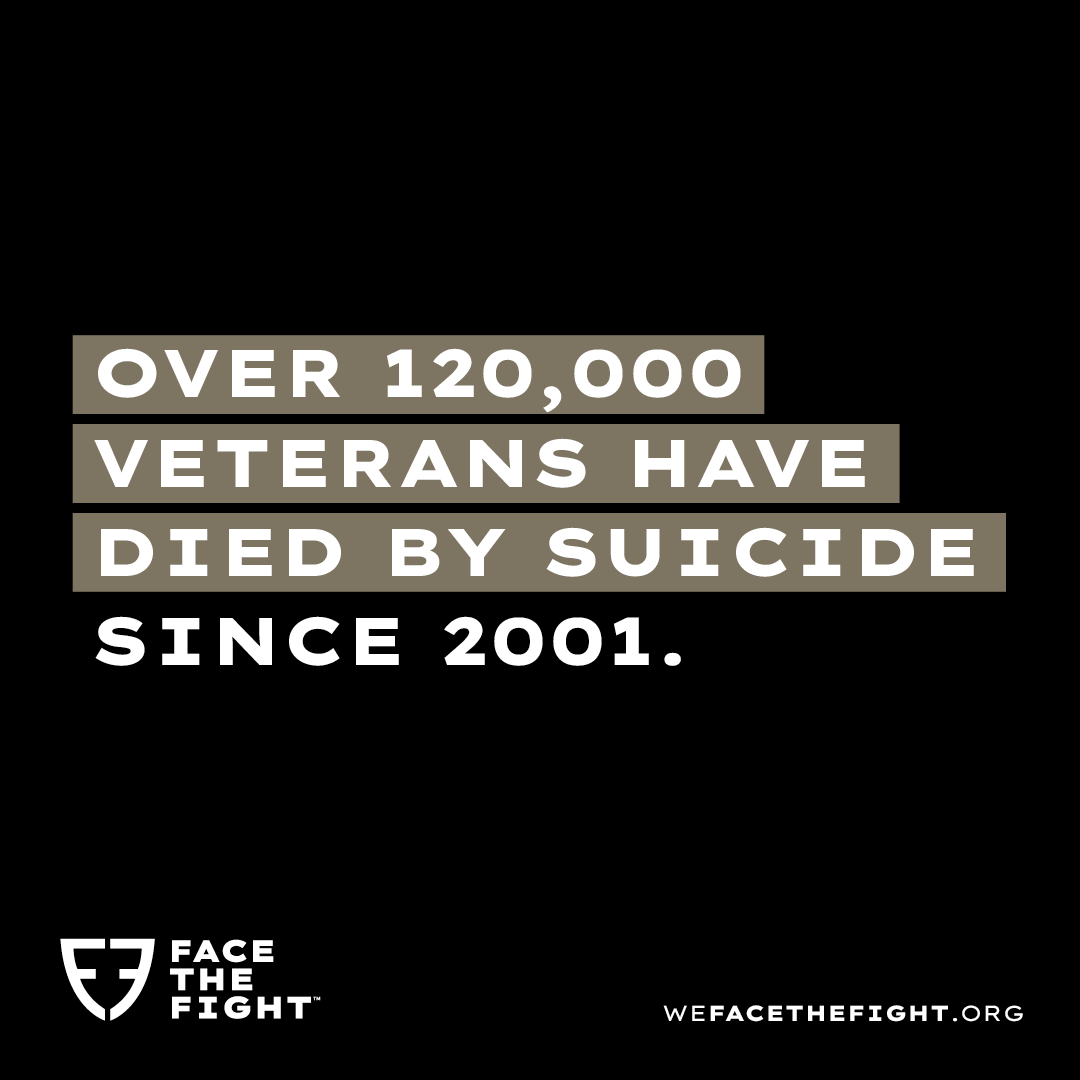
While #suicide has traditionally been considered a “big city” problem by the general public, #suicide is actually more common in rural areas due to a lack of #mentalhealth and crisis intervention resources. But while Tennessee’s metro areas typically have lower #suicide rates than the state as a whole, even one #suicide death is one too many. People living in Tennessee’s cities need to know that there are counseling and #mentalhealth resources readily available, often at low cost and relatively nearby.
Every major city in Tennessee offers a wealth of #mentalhealth and counseling resources for people in crisis. Knowing about these agencies and when to refer people to them can literally make the difference between life and death.
Some basic facts about #suicide, on the national and state level:
• Some 47,000 Americans die by #suicide each year, making #suicide the tenth-leading cause of death in the US.
• #Suicide rates among youth (ages 15-24) have tripled since the 1950s. #Suicide is the leading cause of death in Tennessee within the 10-17 age group … and the second-leading cause among adults 10-24.
• Every day, 129 people die by #suicide in the United States – about one every 11 minutes.
• While #females are more likely to attempt #suicide, #men are more likely to die from a #suicide attempt.
• In the state of Tennessee, 1,163 people died by #suicide in 2017. 75 of these people were between the ages of 10 and 19.
#JamesDonaldson notes:
Welcome to the “next chapter” of my life… being a voice and an advocate for #mentalhealthawarenessandsuicideprevention, especially pertaining to our younger generation of students and student-athletes.
Getting men to speak up and reach out for help and assistance is one of my passions. Us men need to not suffer in silence or drown our sorrows in alcohol, hang out at bars and strip joints, or get involved with drug use.
Having gone through a recent bout of #depression and #suicidalthoughts myself, I realize now, that I can make a huge difference in the lives of so many by sharing my story, and by sharing various resources I come across as I work in this space. #http://bit.ly/JamesMentalHealthArticle
The Reasons Why
#Suicide is never caused by a single event. It is the result of many factors over a period of time. Following are some common causes of suicidal thoughts or behavior in teens and young adults:
• Pressures such as unrealistic academic, professional, social or family expectations can create a strong sense of rejection and can lead to deep disappointment. Teens and young adults are especially prone to feelings of #loneliness, hopelessness and rejection as a result of these pressures.
• #Depression in young people is increasing at an alarming rate. Recent surveys indicate that as many as 1 in 5 #teens suffers from clinical #depression, and it can be difficult to detect in young people. But it is extremely important that depressed youth receive prompt, professional treatment.
• High-risk behaviors such as substance abuse, unsafe sexual behavior, reckless spending, or self-injury behaviors are ways that some people cope with feelings of #depression or #loneliness. However, such behaviors only lead to new problems and a deeper level of #depression.
• Certain populations such as people with #mental or physical disabilities, GLBT persons, or people who are victims of bullying or harassment are at higher risk for #suicide and #suicide attempts.
• Isolation or withdrawal can also be a coping strategy for suicidal people making them even more susceptible to #loneliness, #depression and substance abuse.
Risk Factors and Warning Signs
• Previous #suicide attempts
• Giving away prized possessions, making final arrangements, putting affairs in order
• Themes of death or #depression in conversation, writing, reading or art
• Recent loss of friend or family member, especially through divorce, death, or #suicide
• Sudden dramatic decline or improvement in schoolwork
• Use or increased use of drugs and/or alcohol
• Chronic headaches, stomachaches, or fatigue
• Withdrawal or isolation from friends, family or school activities
• Neglect of personal appearance
• Taking unnecessary risks
• No longer interested in favorite activities or hobbies
• Changed eating or sleeping patterns
• Talking about, making plans or threatening #suicide. (If this happens, take immediate action.)
Most suicidal people give some of the clues and warning signs listed here. By learning the warning signs, paying attention and trusting your own judgment, you can make the difference between life and death.
Any one of these signals alone doesn’t necessarily indicate a person is suicidal. However, several signals may be cause for concern. Signals are especially important if the person has attempted #suicide in the past. Listen. Be a friend. Get professional help. Your actions may save a life.
What to Do (and What Not to Do)
Some important guidelines to follow when dealing with a deeply troubled or actively suicidal person:
• Talk it out, offer help, and most importantly, listen. If you think someone is considering #suicide, don’t be afraid to ask them, “Are you thinking of killing yourself?”
• Deeply depressed people need reassurance that someone cares. Show interest in the person and be supportive. Let them know that help is available.
• Trust your instincts. If the situation seems serious, seek prompt help.
• Since untreated #depression is the leading cause of #suicide, professional help is of utmost importance. Alert key people in that person’s life—family, friends, etc.—and recommend they connect the person with local #mentalhealthresources.
• Don’t act shocked or judgmental, or lecture on the reasons a person has to live. Allow the person to express his or her feelings and accept those statements as real and important.
• Don’t give advice or false reassurances or offer easy answers.
• Don’t be afraid to talk directly about #suicide and get specifics. The more specific the plan, the greater the risk.
• Don’t dismiss the problems as unimportant. Don’t minimize the threat.
• Never keep a person’s suicidal feelings a secret. Saving a life is more important than keeping a promise.
Where to Get Help
If you or someone you know is thinking about #suicide, call the #NationalSuicidePreventionLifeline at 1-800-273-TALK (8255). This nationwide hotline connects to a nationwide network of certified local crisis centers, available 24 hours a day, 7 days a week.
In the event of an emergency where someone is in immediate danger of death or injury, call 911 immediately.
For non-emergency information and resources about #suicideprevention, visit the Tennessee #SuicidePrevention Network website at www.tspn.org. The site features fact sheets and statistics about #suicide, #suicide and #mentalhealth reading lists and links, and customized local resource directories available for free download.

James Donaldson is a Washington State University graduate (’79). After an outstanding basketball career with WSU, he went on to play professional basketball in the NBA with the Seattle Supersonics, San Diego/L.A. Clippers, Dallas Mavericks, New York Knicks, and Utah Jazz. He also played for several teams in the European Leagues in Spain, Italy, and Greece, and he toured with The Harlem Globetrotters to wrap up his career. James was an NBA All-Star in 1988 while playing center for the Dallas Mavericks. In 2006, James was inducted into the Pac-10 Sports Hall of Fame and also the Washington State University Athletic Hall of Fame. In 2010, James was elected as a board member for the NBA Retired Players Association.
James frequently conducts speaking engagements (motivational, inspirational, educational) for organizations, schools, and youth groups.
In 2010, James was the recipient of the NBA Legends of Basketball ABC Award, awarded for outstanding contributions in Athletics–Business–Community.
He believes in being a role model for success and professionalism to the scores of young people to whom he devotes so much of his time. He currently serves on several boards and committees and is a member of many organizations.
James believes in developing relationships that create a “Win-Win” environment for everyone involved, and in being the best he can be!
For more information about James Donaldson or to request he speak at your event, contact him at:
www.StandingAboveTheCrowd.com
JamesD@StandingAboveTheCrowd.com
1-800-745-3161 (voicemail & fax)
James Donaldson is the author of “Standing Above The Crowd” and “Celebrating Your Gift of Life” and founder of the Your Gift of Life Foundation which focuses on mental health awareness and suicide prevention, especially pertaining to our school aged children and men.
If you’re interested in having James come and speak to your group of young adults, business entrepreneurs, aspiring political and community leaders, and athletic teams, please contact him at jamesd@yourgiftoflife.org and or leave a personal message for him at 1-800-745-3161. Keep up with him and read about how he is reaching out and making a difference in the lives of so many around the world at www.yourgiftoflife.org



